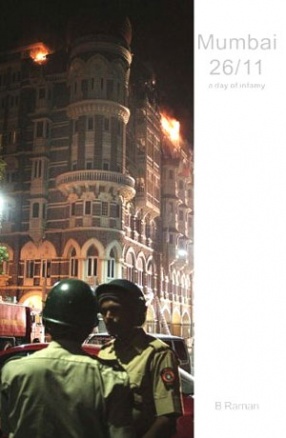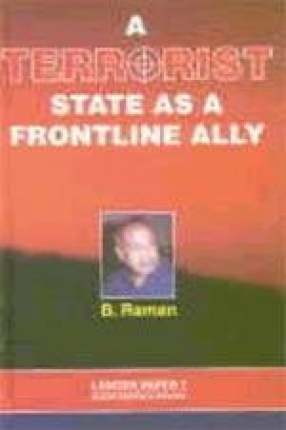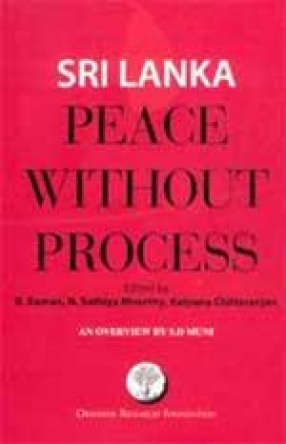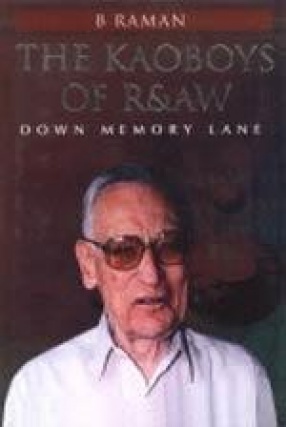
Showing all 4 books





Mumbai 26/11 saw a mix of commando-style attacks typical of the special forces of an army and indiscriminate killing of civilians typical of the Lashkar-e-Toiba (LeT), the Pakistani Jihadi Organization. The meticulous planning, the thorough training of the 10 LeT terrorists, who carried it out, and the close co-ordination of the attacks from the command and control of the LeT had the stamp of Al Qaeda and Pakistan's Inter-Services Intelligence, both of which ...

Pakistani assistance for the anti-government of India activities was not due to only its revanchist spirit following its loss of East Pakistan but for keeping its military preoccupied with internal security duties thereby trying to neutralize the superiority of the Indian armed forces. Such a policy could ultimately weaken the unity of India just as the bleeding of soviet troops in Afghanistan contributed to the break-up of USSR. The day of infamy in New York and ...

The Sri Lankan pot continues to boil. Although the ceasefire agreement of February 2002 between the government in Colombo and the LTTE has helped bring down temperatures, a permanent political settlement remains, at best, a hope with more complexities entering the arena with each passing day. To take stock of the situation and to draw lessons for the Observer Research Foundation organized an international seminar on “Sri Lanka: Ceasefire and After†in ...

This book deals largely with those aspects of the working of the R&AW of which the author had personal knowledge while serving in the organization for 26 years. The book traverses through India's contemporary history--importantly the 71 War; insurgency in the Northeast, Punjab and Kashmir; the Emergency; the War in Afghanistan and the intelligence imperatives and dispensation under Indira Gandhi, Morarji Desai, Rajiv Gandhi, V.P. Singh, Chandra Shekhar and ...
